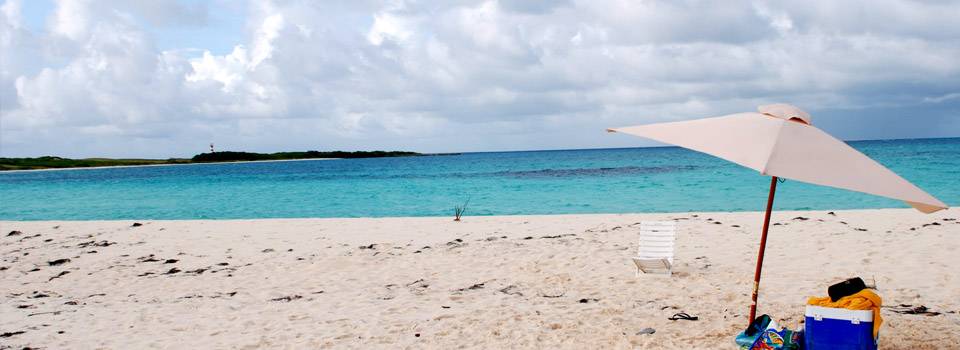Published: June 25, 2012
For University of South Florida researchers studying the effectiveness of a new therapy for post-traumatic stress disorder, these are promising times.
They've just published the results of an initial study that indicates the treatment, accelerated resolution therapy, seems to work. The Department of Defense and the university have just given approval to test active-duty service members, a major restaurateur has kicked off a fundraising campaign and a Navy reserve station in Las Vegas now will serve as a satellite study center.
It all comes at a time when Secretary of Defense Leon Panetta says research into suicide prevention is one of the Department of Defense's main weapons in the fight against suicide, which kills more troops than the Taliban.
"With all of these things coming together, it looks like we are that much closer to getting a more efficient evidence-based treatment into place that will actually eliminate the traumatic response to memories and bring relief to the troops and their families," said one of the researchers, Carrie Elk, a psychologist and military liaison for the USF College of Nursing, which conducted the initial therapy studies.
* * * * *
The executive officer of a Navy reserve unit at MacDill Air Force Base was so impressed by a presentation Elk gave to his reservists last fall that when he took over a similar unit in Las Vegas in January, he invited her to talk to a group of Navy, Army and Marine reservists there. They liked the presentation so much that eight Army and Navy reservists signed up for the study, said Navy Lt. Cmdr. Raul Rojas.
"In the past few years, more reservists have been on the ground on average than active-duty personnel," said Rojas, now the commanding officer of the Navy Operational Support Center at Nellis Air Force Base in Las Vegas. "A lot of these guys have unresolved post-traumatic stress."
Rojas said that as reservists go through the demobilization process from active duty to reserve status, and only report for duty two days a month and two weeks a year, "the emphasis on them getting evaluated for post-traumatic stress just isn't there."
Rojas said the Marine Corps also has invited Elk to talk to them about accelerated resolution therapy.
Accelerated resolution therapy uses elements of existing cognitive behavioral therapies, as well as lateral sets of left/right eye movements designed to minimize anxiety and body sensations associated with recall of traumatic memories, and replace distressing images with favorable ones. The treatment often only takes one to five sessions to complete and does not use drugs.
The findings of an initial study of 80 participants — mostly civilians and a few veterans — were published in the June 18 edition of the scientific journal Behavioral Sciences. The results, said Kevin Kip, the study's principal investigator and article author, are encouraging.
"The majority of people who came in to be treated had very high scores for PTSD, and after treatment, the majority had very large reductions," he said. "And they also had reductions in other symptoms, like depression, as well as increased sleep."
The researchers have another study, of 80 veterans, Kip said. Now that the Department of Defense and USF have approved researching how the therapy works on active-duty members, Kip and Elk are seeking funds to bring at least 400 active-duty members into the study.
Accelerated resolution therapy has gained increasing interest from the military — Elk recently made a presentation to the U.S. Special Operations Command's Care Coalition annual conference — and First Lady Michelle Obama, who recently gave the therapy a shout-out.
It's also gained the support of restaurateur Chris Sullivan, co-founder of Outback Steakhouse. After being introduced to the therapy by a mutual friend of Elk's, Sullivan had several meetings with Elk, then listened to a veteran with PTSD talk about how the therapy worked for him. Last month, he launched a fundraising effort to collect $600,000 so Kip and Elk can bring 420 active-duty members into the study.
The therapy "is a game-changer for our veterans that are struggling with PTSD," Sullivan wrote in a recent email to potential donors.
Having the study approved for active-duty personnel gives Socom's Care Coalition "an avenue we haven't had before," said the coalition's chief of community outreach, Navy Lt. Cmdr. Brian Hower.
"We anticipate people wanting this type of therapy," Hower said. "They can get therapy and back to work. It would not have to affect their lives for a long time with medication and treatment."
* * * * *
A day before Panetta told the Department of Defense/Veterans Administration suicide prevention conference that he wanted more scientific research to combat suicide, Elk met with Navy Capt. Paul Hammer, director of the Defense Centers of Excellence for Psychological Health and Traumatic Brain Injury.
Hammer's job is to seek out new treatments and help expedite them from the study phase into practical use. While he said he can't comment on the value of the therapy, Hammer said the research done by Kip and Elk is a good first step.
"The great thing about what she is doing is she is doing it right," Hammer said. While a lot of people claim to have the next "big thing" to treat PTSD, it is rare to have those treatments backed by scientific study, he said.
Elk said she is going to continue to investigate the effectiveness of the treatment.
"We have a responsibility to help those who serve our country," she said.
Veterans who might be interested in taking part in the study can call 813-974-9310.

